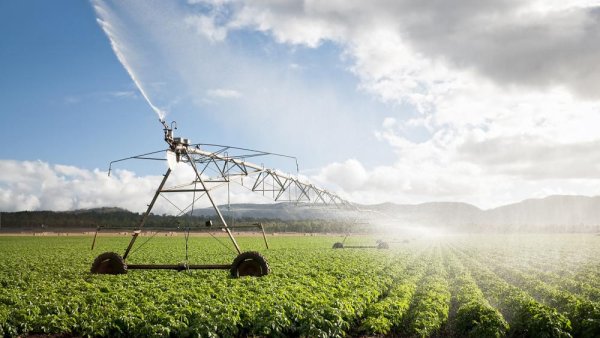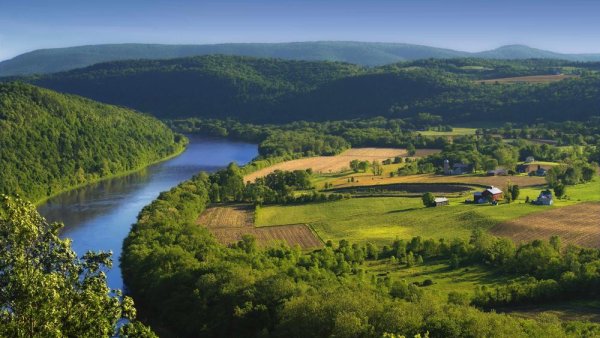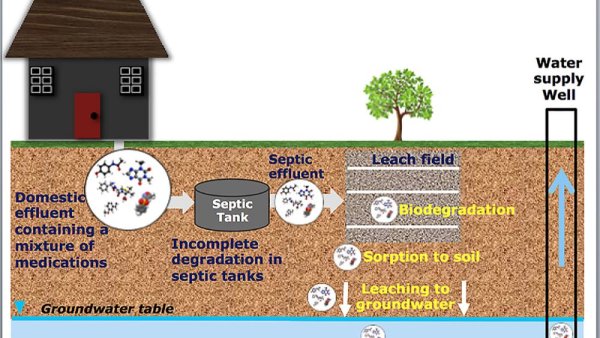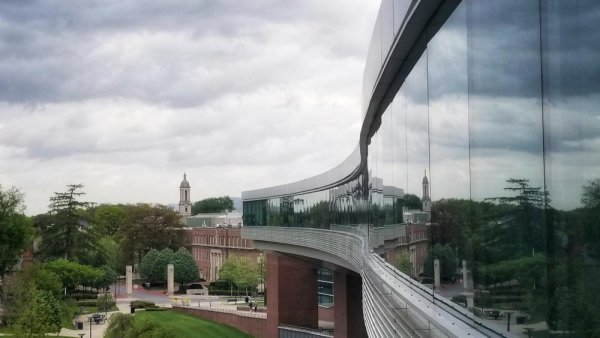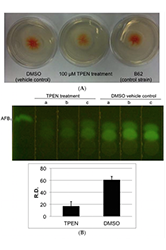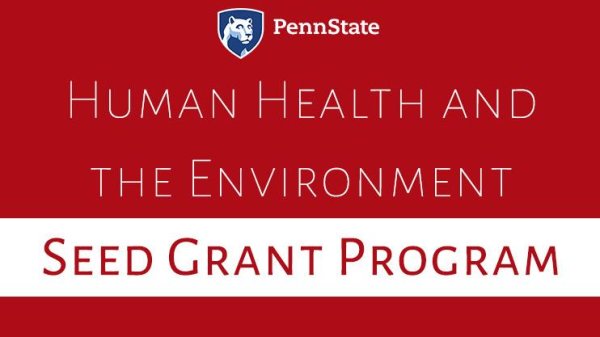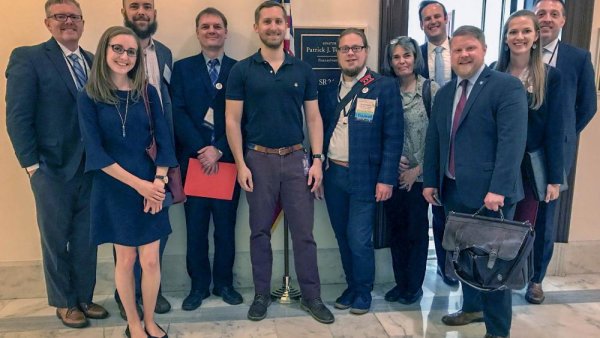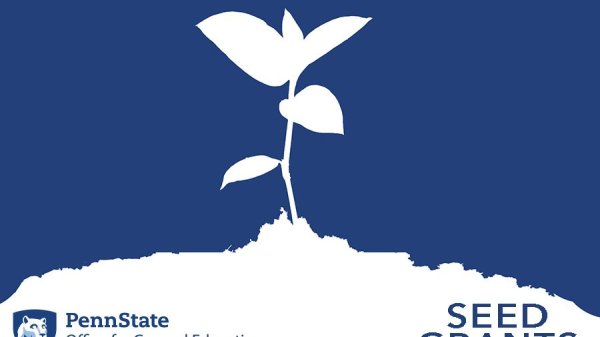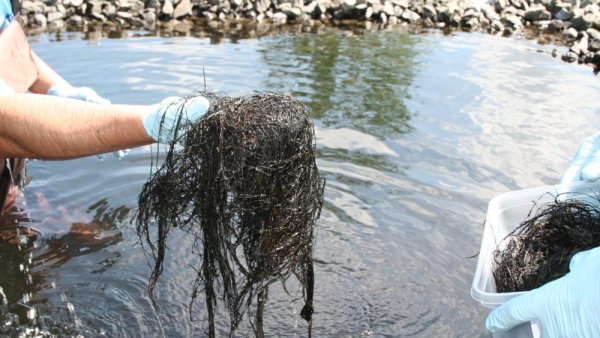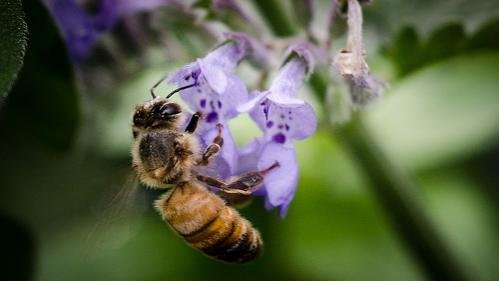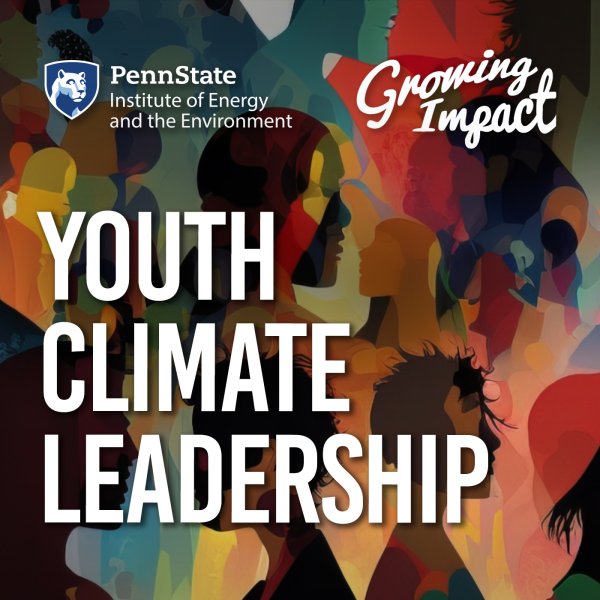Larger cities have smaller water footprint than less populated counterparts
| psu.edu
Global sustainability is important now more than ever due to increasing urban populations and the resulting stress it can have on natural resources. But increased populations in cities may lead to greater efficiency, as a team of Penn State researchers discovered when they analyzed the water footprint of 65 mid- to large-sized U.S. cities.
NSF funds $3 million graduate training program focused on Food-Energy-Water
| psu.edu
The National Science Foundation has awarded a $3 million grant to an interdisciplinary team of Penn State researchers to create a new graduate program that will train students to find solutions to real-world problems facing Food-Energy-Water (FEW) systems.
Small amounts of pharmaceuticals found in north central Pa. rural well water
| psu.edu
Drinking water from wells in rural north central Pennsylvania had low levels of pharmaceuticals, according to a study led by Penn State researchers.
Three new co-funds join Institutes of Energy and the Environment
| psu.edu
Three faculty members recently joined the Institutes of Energy and the Environment (IEE) in three different areas of expertise. Two are in the Donald P. Bellisario College of Communications, and the other is in the College of Earth and Mineral Sciences. This is the first time that IEE has had co-funded faculty in the Bellisario College.
Recipients of 2018 Research Recognition Awards honored
| psu.edu
Started in 2014, the Research Recognition Awards honor the outstanding research achievements of Penn State College of Medicine and Penn State Health Milton S. Hershey Medical Center investigators who have distinguished themselves in several areas of research.
Kang and Wee receive funding to initiate new research on mycotoxins in crops
| plantpath.psu.edu
Funding by the Jeanne and Charles Rider Endowment to Dr. Seogchan Kang, professor of Plant Pathology and Environmental Microbiology, and Dr. Josephine Wee, assistant professor of Food Science, will support their project entitled “Chemical ecology-based control of mycotoxin contamination in food/feed crops”.
Human Health and the Environment seed grant recipients announced
| psu.edu
Human Health and the Environment seed grants for 2018 have been awarded to eight interdisciplinary teams of Penn State researchers. The seed grants were funded through a collaboration of Penn State Institutes and the College of Medicine, which collectively contributed more than $400,000.
Penn State delegation advocates for social sciences in Washington, DC
| psu.edu
A group of Penn State researchers recently attended the Consortium of Social Science Association’s (COSSA) 2018 Science Policy Conference and Social Science Advocacy Day in Washington, DC.
Integrative Studies Seed Grants awarded to faculty across University
| psu.edu
The Office for General Education has announced this year’s seed grants to support the development of Integrative Studies courses. The awarded proposals are representative of a wide range of academic disciplines, and include proposals from faculty at Penn State campuses across the Commonwealth.
Sanitizing hospital sewage
| psu.edu
Researchers at Penn State have developed a water filtration system that removes contaminants and reduces toxicity in hospital wastewater.
Josephine Wee joins Penn State Department of Food Science
| psu.edu
The Department of Food Science in Penn State's College of Agricultural Sciences recently welcomed Josephine Wee, a new assistant professor of food microbiology, whose appointment will enhance educational and research programs in food safety and microbiology.
$2.1 million enables creation of decision-support tools for pollinator health
| psu.edu
The Center for Pollinator Research at Penn State, in collaboration with researchers at the University of California, Davis; the University of Minnesota; and Dickinson College will receive more than $2 million from the Foundation for Food and Agricultural Research and the United States Department of Agriculture to translate basic research into online decision support tools to help beekeepers and land managers maintain and expand populations of managed and wild bees.

